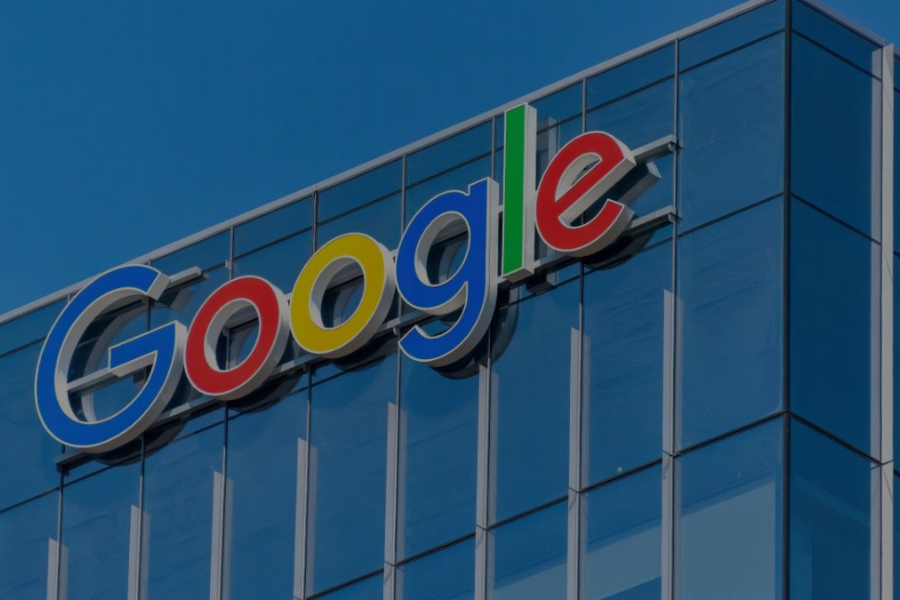After the latest court ruling that Alphabet’s Google engaged in an unlawful monopolization of the niche of online search in the United States, the Department of Justice is considering significant measures against the conglomerate worth $2tn. The New York Times and Bloomberg News have highlighted the possibility of a company breakup in their list of such options currently being considered.
Among all the remedies currently being considered by Justice Department attorneys, the potential separation of Google’s Android operating system drew the most attention. Others being talked about include AdWords, Google’s most lucrative search ad offering, and Chrome browser, a front end to its search maze. These are among various debates on responding to the court’s determination that Google has abused a commanding market share to smother competitors.
A week or so ago, a U.S. judge concluded that Google had established unlawful dominance in the market for online search. The court established that Google’s practice of offering billions of dollars to firms like Apple to retain its search engine as the default browser in devices, including iPhones, leads to the destruction of competition and the maintenance of market power.
Following the ruling, a Justice Department spokesperson commented that the department is deliberating on the implications of the court ruling while analyzing the appropriate move under the law on antitrust. To that end, the spokesperson was cautious in pointing out that confident choices have yet to be made. On its part, Google has refused to comment on the reports but stated that it will be appealing the decision. The company is also still defending two antitrust cases, of which the Justice Department suit is expected to go to trial next month.
The Justice Department is considering other options, such as steps that would require Google to provide information to its rivals and curbs that would bar the company from overwhelming rivals in the emerging market for artificial intelligence.
Such perspectives are related to other issues associated with Google that go beyond search to cover almost all spheres of the digital economy.
The trial also showed that Google spent over $26 billion in 2021 to maintain its status as the default search engine and secure a place on Apple’s Safari web browser. The contracts that cannot be discontinued, which the court considered one of the essential components of Google’s monopolistic practices, have been deemed anti-competitive by competitors and antitrust experts.
However, some analysts still doubt the possibility of the company’s breakup. Neil Chilson, the former chief technologist for the FTC, said to call it ‘wishful thinking’ that the court would decide that the remedy could be a breakup. Break-up measures, Chilson introduced, will not remedy the conduct of practices that the court considers unlawful and exclusive contracts that gave Google its dominance.
In the same way, the former general counsel for the FTC, Alden Abbott, noted that a structural separation of Google’s different operations is catastrophic for economic health. He mentioned the 2001 case of U.S. v. Microsoft; the court found Microsoft guilty of monopolistic practices but rejected the possibility of a breakup. Abbott let the opposition know that the same fate awaits Google because the corporation’s upset necessitates one of the most severe antitrust interventions the United States has seen.
The recent decision against Google is being described as a significant win for federal agencies in checking Big Tech companies. This comes after a number of high-profile antitrust cases against other large tech firms, including Meta, Amazon, and Apple, as authorities continue to scrutinize the dominant industry players.















